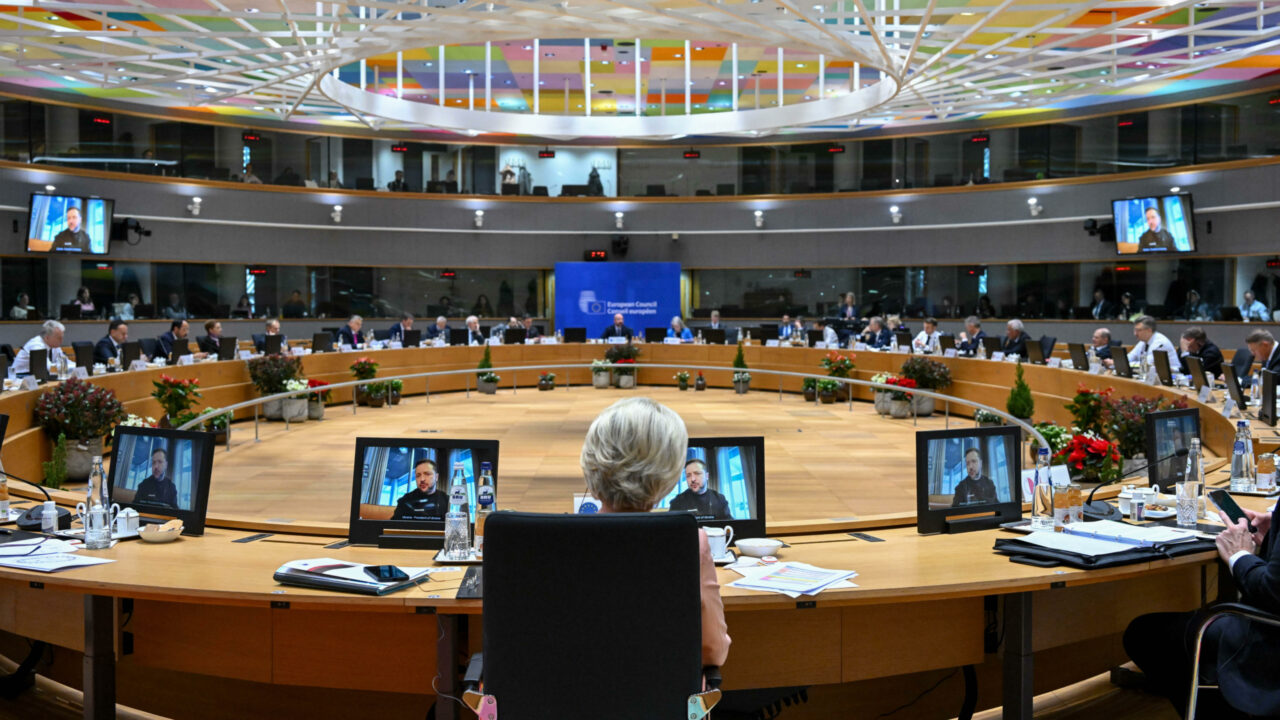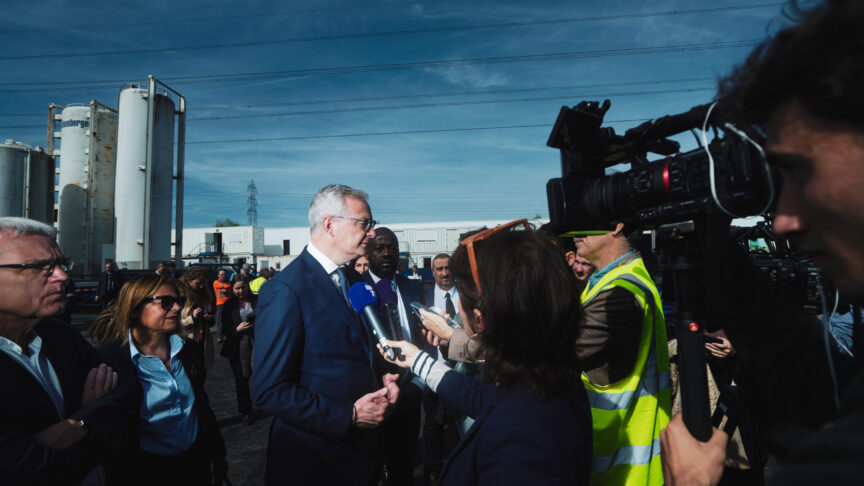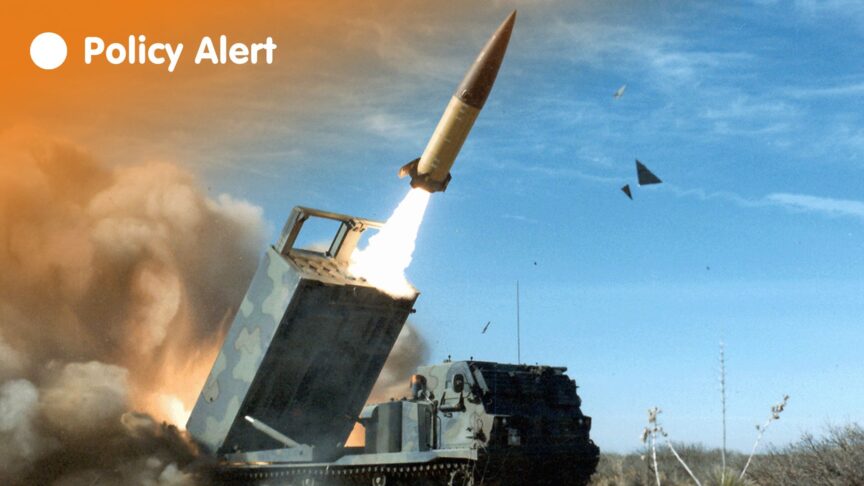Vetoing vetoes: EU integration in an uncertain world
The Orban saga highlights the need for more effective decision-making within the EU – especially now that enlargement is firmly back on the agenda
On 1 February, European leaders unanimously approved a €50 billion aid and recovery package for Ukraine, having persuaded Hungary’s prime minister Viktor Orban to drop his previous veto of the funds. This follows the European Council’s historic decision in December to open accession negotiations with Ukraine and Moldova, despite Orban’s ‘coffee break’ abstention. The European Council’s decisions gain yet more significance amidst the Biden administration’s struggle to secure more US funding for Kyiv, not to mention the potential return of President Trump next year.
As part of their geopolitical awakening since February 2022, European leaders (26 of them anyway) seem to have grasped the strategic importance of the union’s eastward enlargement. That this month’s exceptional council summit was necessary, however, alongside Trump-generated uncertainties, point to a greater challenge for an enlarged EU: the need for more internal integration. As Italy’s former prime minister Mario Draghi stated last November, “either Europe acts together and becomes a deeper union, a union capable of expressing foreign and defense policy as well as all economic policies, or it will not survive except as single market.” That is, the EU needs more politically effective operating mechanisms if it is to survive in a world of heavyweights – a world that demands rapid decision-making.
One key obstacle to a deeper union appears to be European public opinion. The political narratives of various countries are still highly self-referential and tied mainly to national interests. There does not seem to be a great European spirit ‘from below’ that can help maintain a strong defensive position in the Ukrainian context, with the deployment of military, economic, and political resources, and at the same time develop a new drive for integration. Europe’s political elites – and thus the push ‘from above’ – seem currently to lack the ambition to lead public opinion toward a new phase.
But this could change. As ECFR polling has found, younger generations seem to be more motivated than older ones by common interests such as climate change. And it is possible that, after a polarisation phase due to European Parliament election campaigns this spring, the integration path may find fertile ground to restart on a new basis. The leaders of the five largest European countries are all expected to remain in office for the next two to three years, bringing them the time and security to address this imperative. The French and German systems of governance reassure Emmanuel Macron and Olaf Scholz; Giorgia Meloni seems to have no internal rivals and so far to be riding out Italy’s chronic instability. Spain’s Pedro Sánchez, meanwhile, has just been reappointed, and Donald Tusk seems to be leading Poland back toward more classic Europeanism.
The compromise that follows European Parliament elections tends not to produce strong leadership at the EU level, and the axis between France and Germany does not seem to be working as it once did
But the compromise that follows European Parliament elections tends not to produce strong leadership at the EU level, and the axis between France and Germany does not seem to be working as it once did. In this vacuum, new figures and patterns may emerge – and Meloni and Tusk could play an important role. On some dossiers, Meloni has taken anti-European positions, such as the decision not to ratify the reform of the European Stability Mechanism. But her game is different from Eurosceptics in the vein of Orban. Meloni rather seems to be repositioning her Brothers of Italy party as a force that works for a different Europe, with more room for nationalists; but as a constructive force, not a destructive one.
In this situation, one solution might be to try to reach agreements regarding the level of EU integration among the major European players, and then the smaller ones. Italy, France, and Germany make up 65 per cent of the internal market and still have significant pulling power. Indeed, it was this triad, alongside European Commission president Ursula von der Leyen, which led negotiations with Orban at this month’s meeting, before expanding the discussions to other leaders. Variable trilateral or quadrilateral integration mechanisms (with Spain or Poland, for example) could be the start of a Europe of concentric centres. This would certainly be something closer to Meloni’s idea of Europe – and that of other nationalists or populists who may emerge strengthened from the upcoming European elections.
By the end of the year, the European Council will have named a new president. Draghi himself could be a good candidate to drive this new way forward, and provide the strong leadership that change of this extent requires. He is not a politician but a super-European technocrat who, despite that, oversaw very difficult political periods in both the EU and in Italy. That means he comprehends the domestic pressures facing European leaders while also having the impetus and experience to find new ways to achieve greater EU integration. Supporting Draghi’s appointment would be a good opportunity for Meloni to demonstrate that she knows how to work as a team also from a national perspective; he would probably be an excellent candidate for other governments too. A concentric Europe with Draghi at the helm could thus reconcile the old idea of European integration, new conservative pressures, and the EU’s urgent need to present a united front to external peril.
The European Council on Foreign Relations does not take collective positions. ECFR publications only represent the views of their individual authors.



